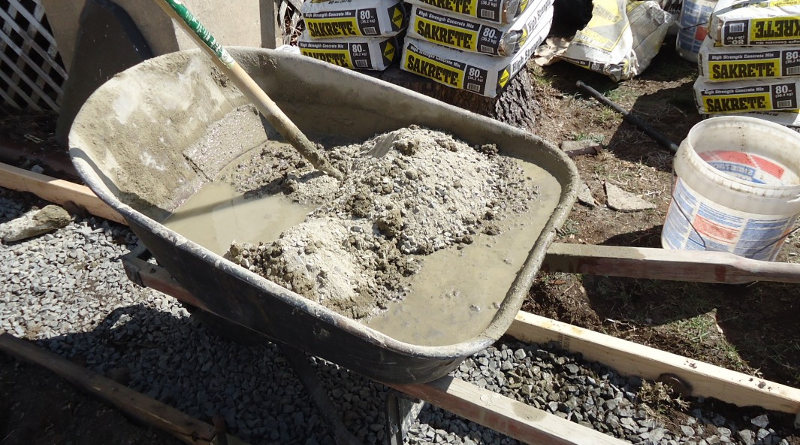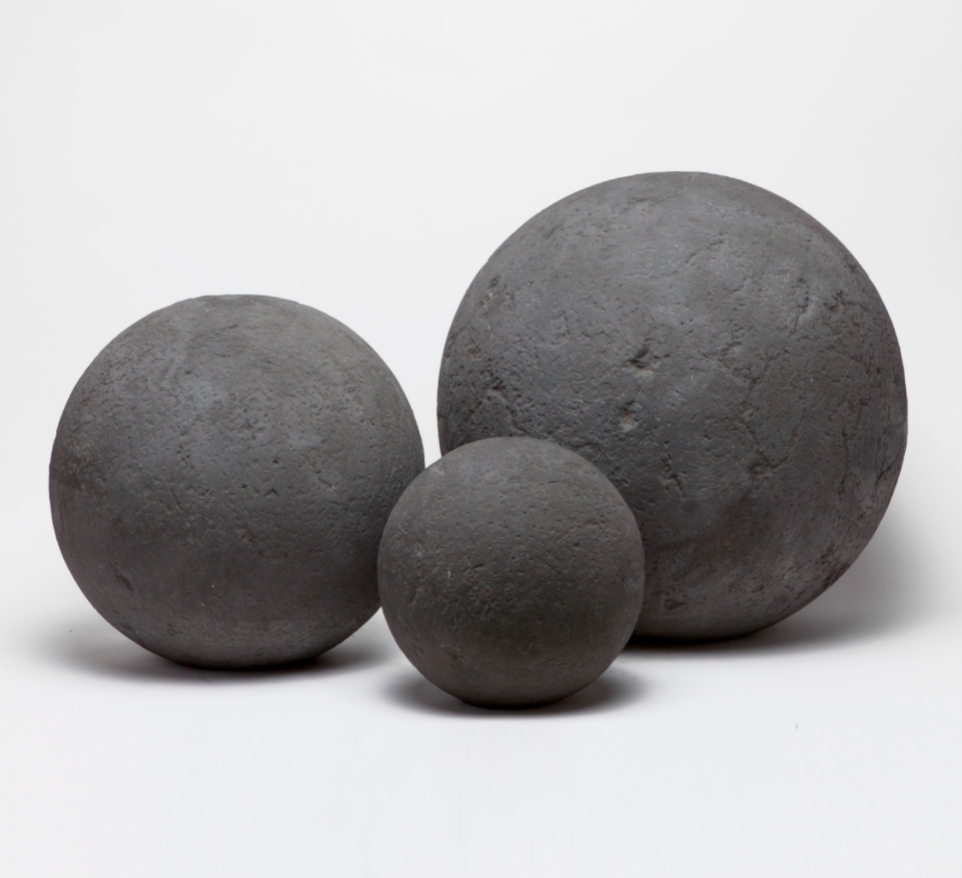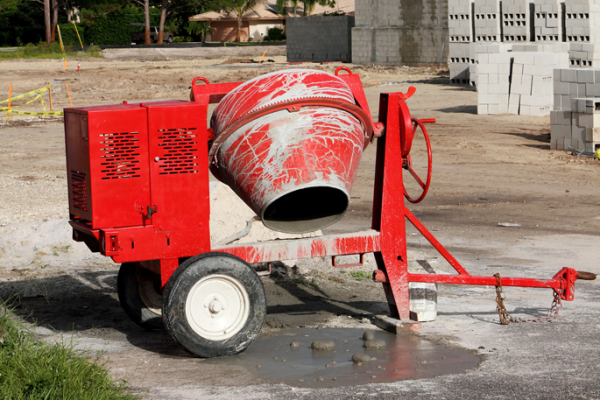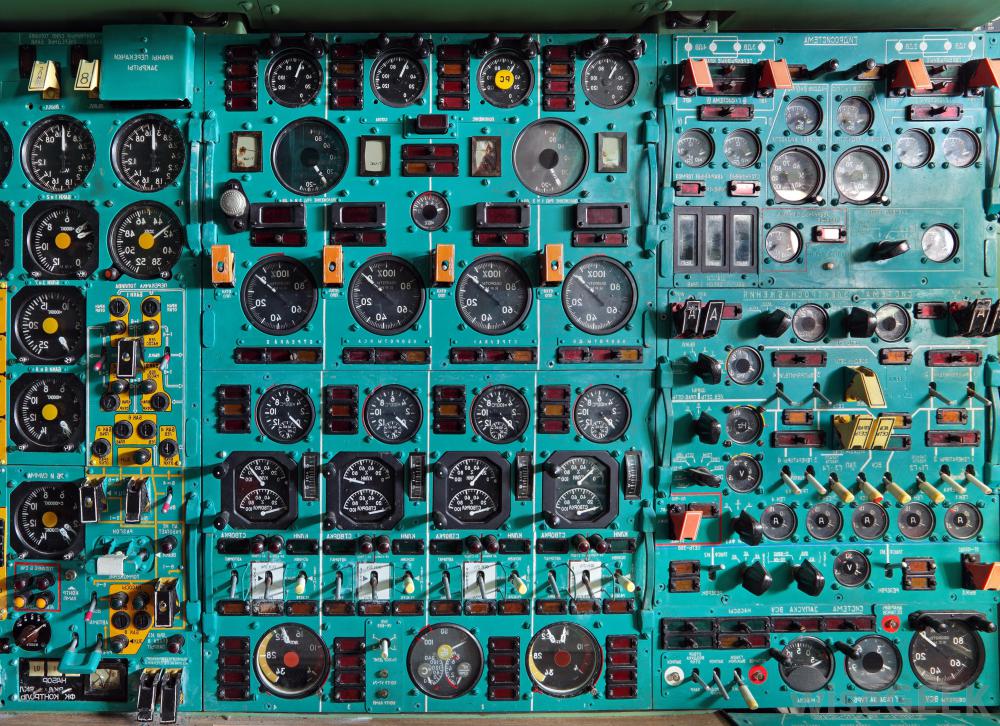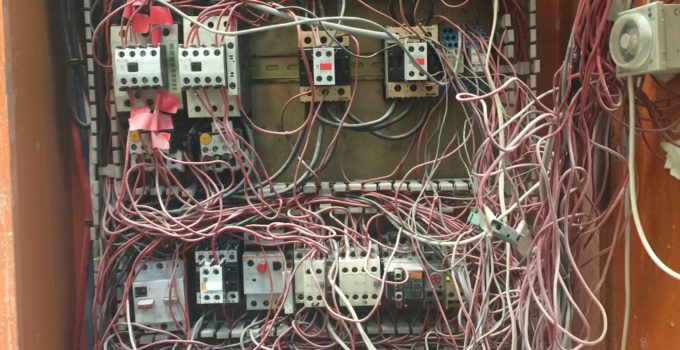You've got your own server. Your contract IT guy has set it up for you. It's backed up daily. No one can access it and you are comfortable that your data is better on your server than on some computer in the cloud that you don't even fully understand. Until it's not.
But seriously, do I need a moisture probe in my concrete plant? Do I need one for only the sand or also the rock or pea gravel? Ever wondered yourself about the pros and cons? Had trouble getting clear, honest answers? Let’s change that here and now!
So, you have balls appear in your concrete from time to time? Maybe they always happen at one ready mix plant but not others? Maybe they happen so rarely that you have just accepted it? If any of these situations are true, read on to catch the highlights of everything to check with some examples.
For many years, the word “dispatch” has conjured images of piles of gold coins or stacks of neatly wrapped bundles of cash. This is because, historically anyway, dispatch was very expensive and complicated and led to producers rightly believing that the amount of money and resources required left small producers out of the running.
We regularly hear from potential customers that one factor preventing them from replacing their struggling concrete batch system is their belief that all batch computers are complicated and they do not want to learn a new system. It’s unfortunate that many concrete producers have this opinion. Not because it is untrue, but because it doesn’t have to be.
Things are working great. Then suddenly your cement will not weigh up. If you are like most people, you’ve become so accustomed to the concrete batching system running the plant you immediately assume something has gone wrong with the batch system. Not so fast though, there are a ton of variables involved.

